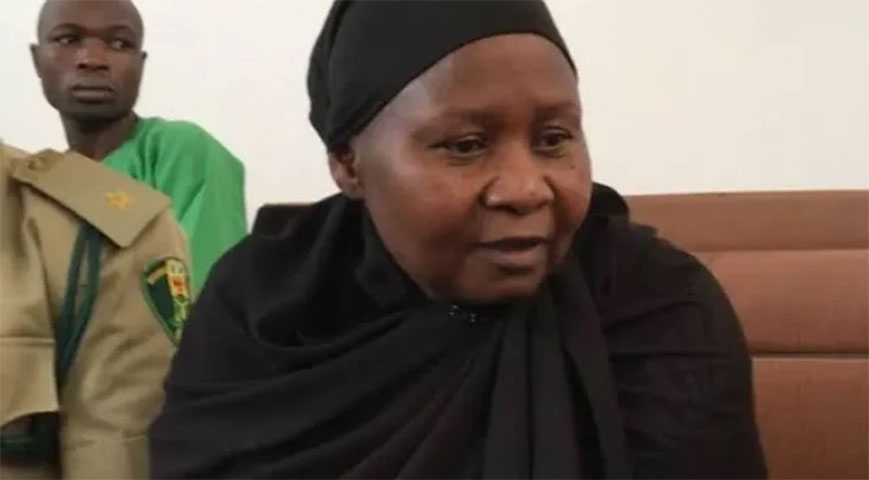A Nigerian Christian lady who had been held for 18 months for alleged blasphemy against the Prophet Mohammed was released on bond on Sunday.
Rhoda Jatau, a mother of five and a health professional, was detained in May 2022 in Warji, northern Bauchi state, after making an online message considered blasphemous by Muslim people, according to authorities.

After failing to find Jatau, who had been brought into jail, enraged Muslim youth went on the rampage in Warji, 100 kilometers (60 miles) outside the state capital Bauchi, torching homes and government facilities.
Did you read this?
Her online message alluded to the assassination of Deborah Samuel, a Christian student in the northeastern city of Sokoto, by Muslim colleagues days earlier over claims of a blasphemous online post against the Prophet.
The assassination of Samuel sparked outrage among Christians both inside and outside of Nigeria.
"Rhoda Jatau has been released on bail by the Bauchi High Court trying her for alleged blasphemy," Kola Alapini, a human rights lawyer advocating for her release, told AFP.

"This is a welcome development and a step towards her total freedom," said Alapini, who heads the Foundation for Religious Freedom, a non-profit organization in Nigeria's capital Abuja.
Given the public interest in her case, Jatau was released at a low-key court session on Friday to prevent crowds and potential unrest.
Her situation was presented in July before the United Nations Human Rights Council and in October at the European Parliament.
Ya'u Jatau, her husband, was mentioned in local media as confirming his wife's release and return to the family.

Under Sharia law, which exists alongside common law in 12 predominantly Muslim governments, blasphemy is punishable by death.
In numerous situations, the accused are slain by mobs without being tried in court.
Religious conflicts between Muslims and Christians in Nigeria, whose 210 million population is evenly divided between the two faiths, are frequently considerable.









